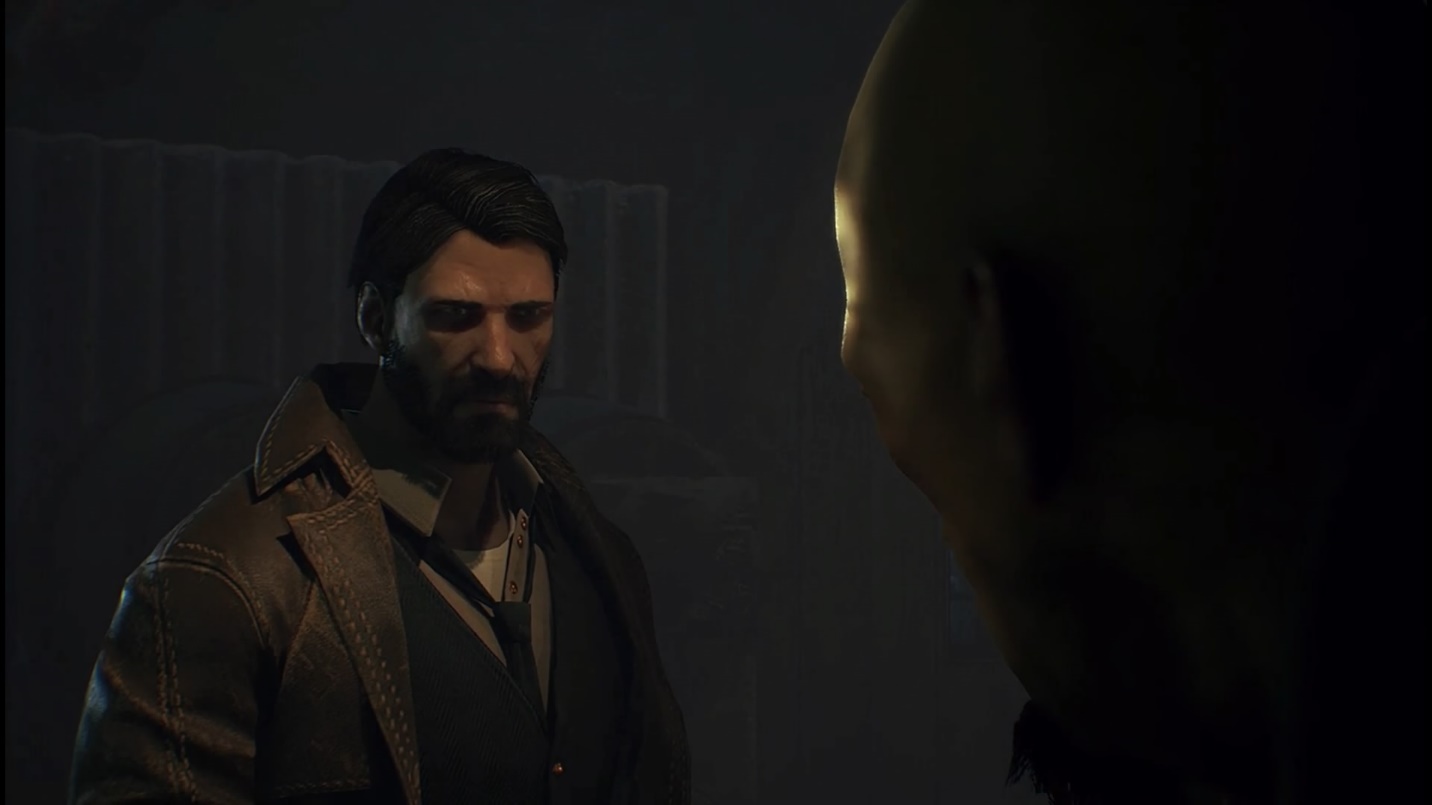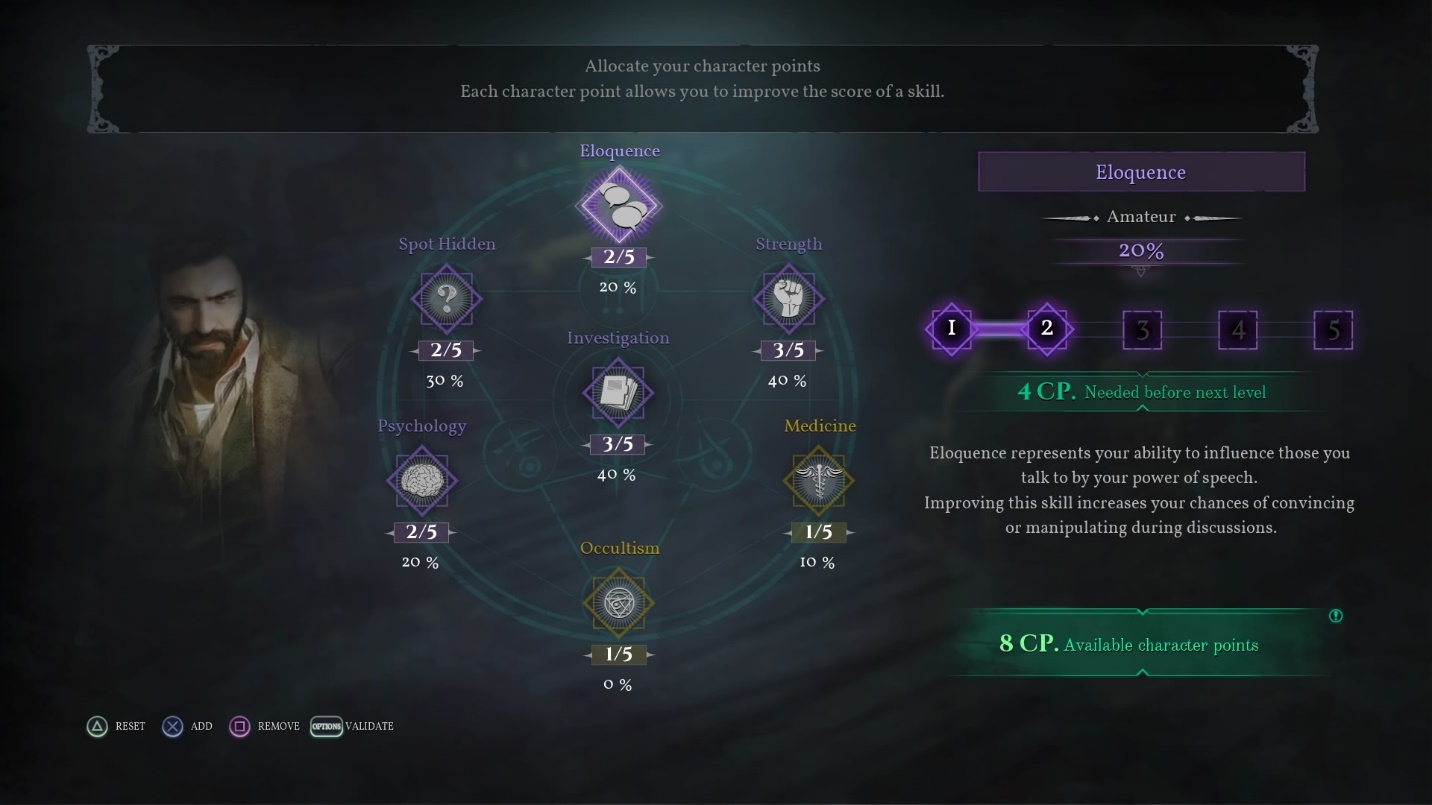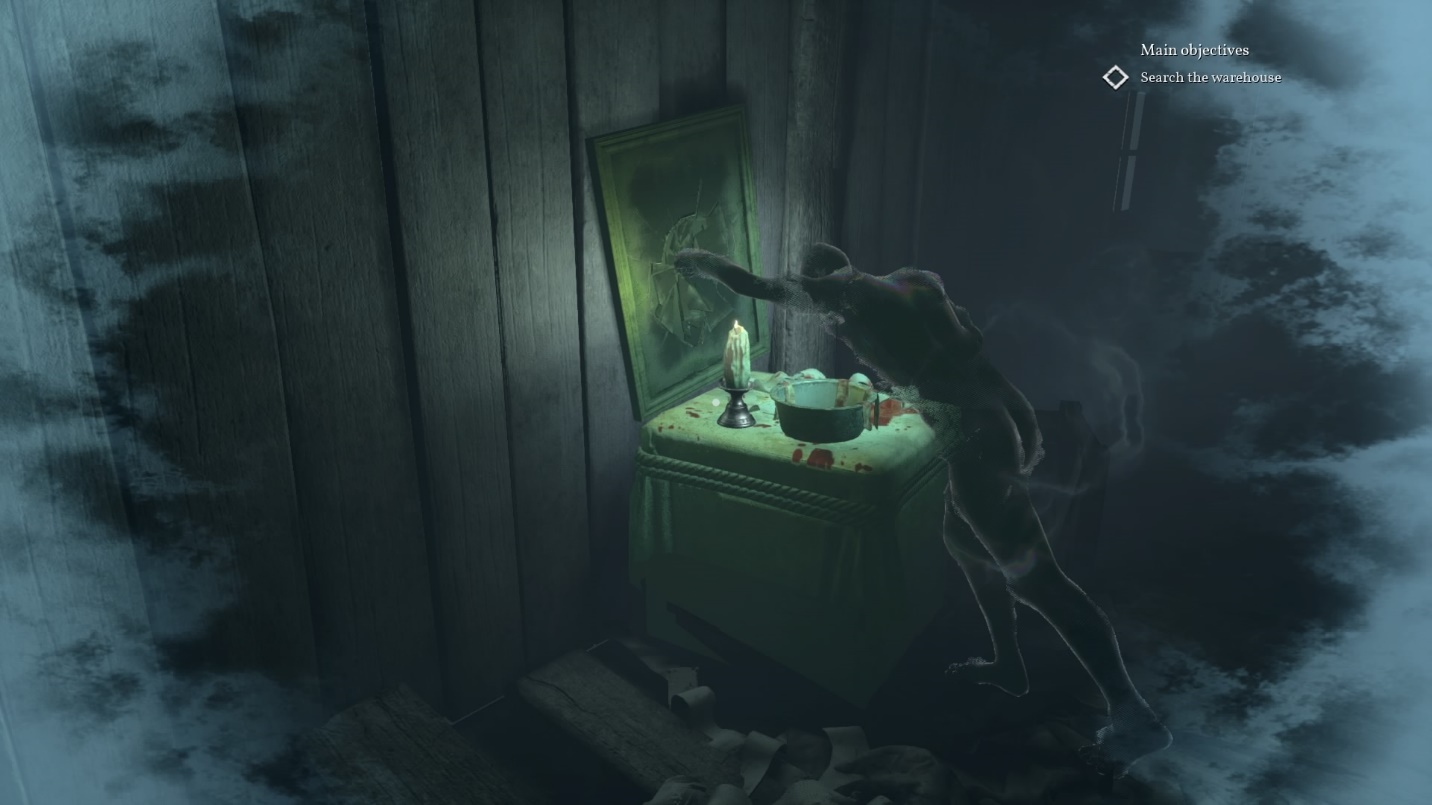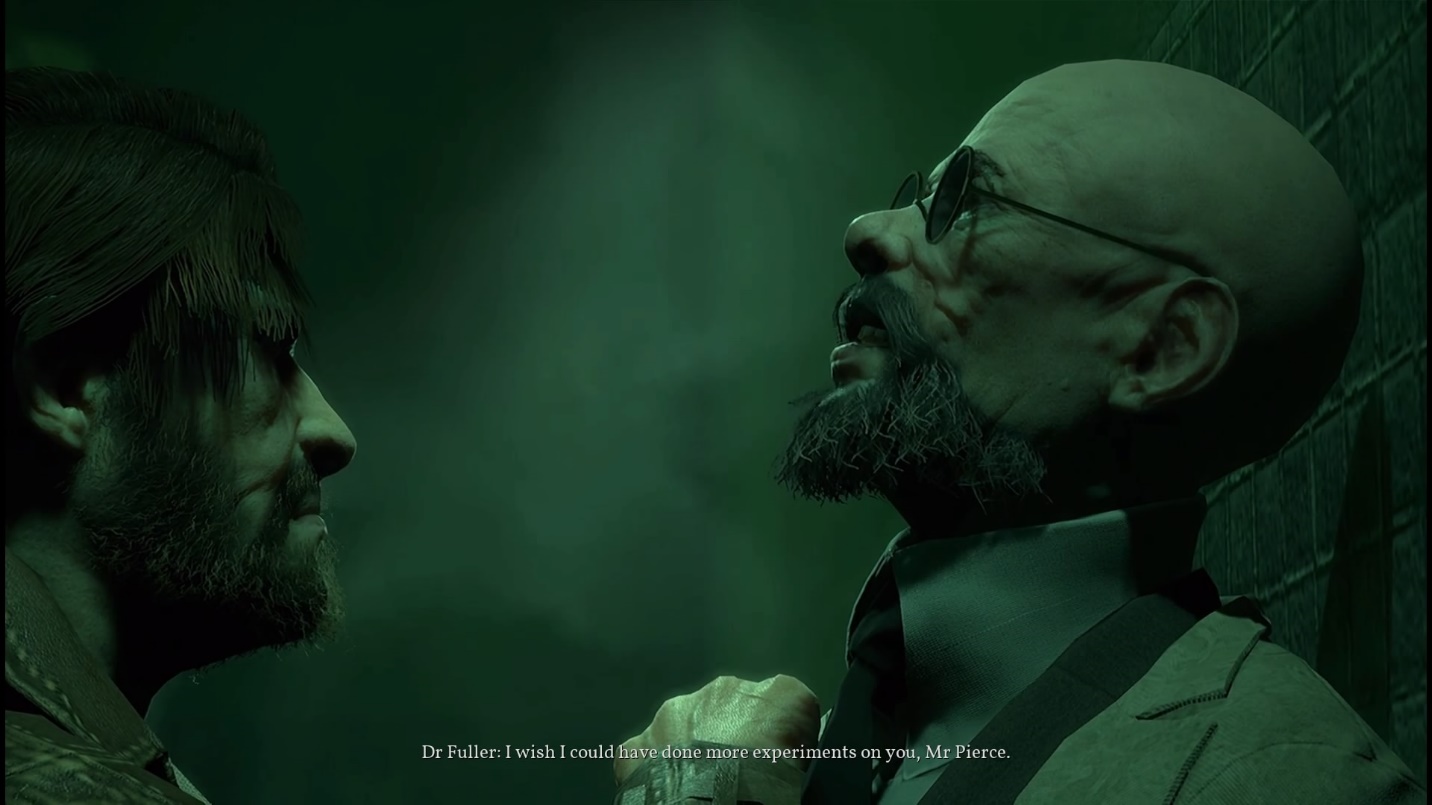You don’t appreciate a game after playing it once. Reliving the life of a video game protagonist twice, thrice and maybe more times than I can count is what makes for a good experience. The H.P. Lovecraft-inspired game, Call of Cthulhu is the game that makes your initial decision and responses matter. A game filled with mystery and detective work while also implementing the RPG elements which worked wonders to the overall experience. It’s developed by Cyanide and published by Focus Home Interactive for the PlayStation 4, Xbox One, Nintendo Switch, and PC.

Set in 1924, you play the role of the private investigator Edward Pierce with an existential crisis for the lack of cases he’s taking in. The war veteran then flees into alcoholism and pills however in a glimmer of hope, a mysterious case arrives in his doorstep. To which he is then asked to solve the death behind the Hawkins family, who mysteriously died in a fire. With the only clue being a portrait painted by the supposedly crazy mother, Edward sets out to Darkwater Island near Boston, Massachussetts to find out more about the tragedy and uncover the truth.

It’s a strange case this one, mixing both RPG elements to a survival horror game while also implementing detective work… the Batman way! Although what makes the game unique is its rather interesting approach with the RPG elements of it. From the first chapter of the game, you already get to see and confirm which paths you’ll be taking in the next chapter. With your points allotted to the Strength stat, you’ll be able to force your way through the game’s mechanics like having enough power to force the gears moving to enter the warehouse through an underground tunnel or manually forcing a mechanism’s gear by hand rather than finding the trigger to reveal a hidden door. However if you chose to put your stats through the Investigation stat, the experience is going to be a lot different with the mechanism to the underground tunnel gets jammed and makes a huge racket to alert the people in the vicinity. But because you have a different stat you’ll be able to use your lock picking skills in the shack that otherwise won’t be accessible without enough investigation points. This in turn would let you obtain a hidden bottle of alcohol that you can barter with some drunkards to distract the guards in the entrance of the warehouse. You can then simply walk through and again pick another lock to open Warehouse 36. These are just samples of what you can do and how you can do them. It’s up to you to play how you want to.
Other than the RPG elements, decision making plays a big part of the story. There are certain secondary objectives you can do along with your main objective and this would let you learn more things about the game itself and its lore. However learning comes at a price. Learning more on the occult can trigger your insanity to the brink and have more things you can get scared off to trigger panic attacks. Meanwhile discovering hidden objects, learning from books of medicine or interacting to the people also gives you new angles and unlock answers that normally wouldn’t be available without the specific stat requirement or discovery. Learning everything and collecting all of them is a choice and it’s up to the players to decide their destiny.

Being Batman is a hard thing to be. You’d need the money and the brain power… but mostly the money to become “the bat” but being Edward Pierce, private investigator, war veteran and alcoholic isn’t. His detective work is far easy enough to do. Holding both the L2 and R2 buttons on your DualShock 4 controller if you’re playing it on the PS4 would put you in a daydream phase after fully closing Edward’s eyes. After opening them, you enter dreamland and can now interact with certain objects to put together the scenarios that could’ve taken place. It’s simple and doesn’t really give any difficulties to deduce certain scenarios other than looking at objects that could trigger the next scene. But with such a solid foundation already in place, it doesn’t hold you back nor take away from the experience.

Then comes the puzzles. Some would really take you hours to get through while others would be easy enough to breeze through. The bookstore puzzle itself was the most dreadful of creations in my eyes. Listening to recordings to find the items of choice and solving their own set of problems. Being able to do that would get you the code to unlock a safe however failure to deduce it means you’ll be cracking it one combination at a time… in which I did for god knows how long.

And in case you’ve had enough of Edward Pierce’s hallucinations and panic attacks, you also get to view the world from a different perspective as the game puts you in other people’s shoes to give you a wider reach and a better angle of progression. With more puzzles, come more hiding. The game puts you into a stealth game more than anything as you solve puzzles and activate certain conditions to proceed to the next. Enemies, however, give up pretty easily once you evade their gaze although encountering them head on will only lead to failure.

Graphics is a bit of a miss. Other than Edward’s hard as a rock hair that never sways nor move after a full sprint from his hallucinations, there’s also the gloomy looking characters that looked like they had one too many shots over at the bar. Darkwater itself is a gloomy town filled with gloomy people. It has the feel of a horror game which works yet at times I find myself chained with a metal ball when I’m pretty sure I can jump to higher elevation a feet high but not allowed to do so. Sprinting is also one of my deepest complaints to the game. There’s barely any distinct differences from your normal speed to a sprint. Then again, Edward is an alcoholic who takes sleeping pills as a means to escape reality. Yet at the face of extraterrestrial and mythical creatures, that running speed never changes nor give you any trouble as your pursuers are also as slow as a sloth.

It’s an interesting game that takes advantages of its strengths. From the decision making to the RPG elements, it blends well enough to keep you going for more. And even with a few hitches that makes some minor complaints, it goes through so much detail in the storytelling without it being overbearing and long to make you yawn. However, as a horror game, it doesn’t particularly give you the scare factor that others would. The multiple possible scenarios bear fruit a few endings as well. So will you embrace your fate or will you struggle until the end?








You must be logged in to post a comment.